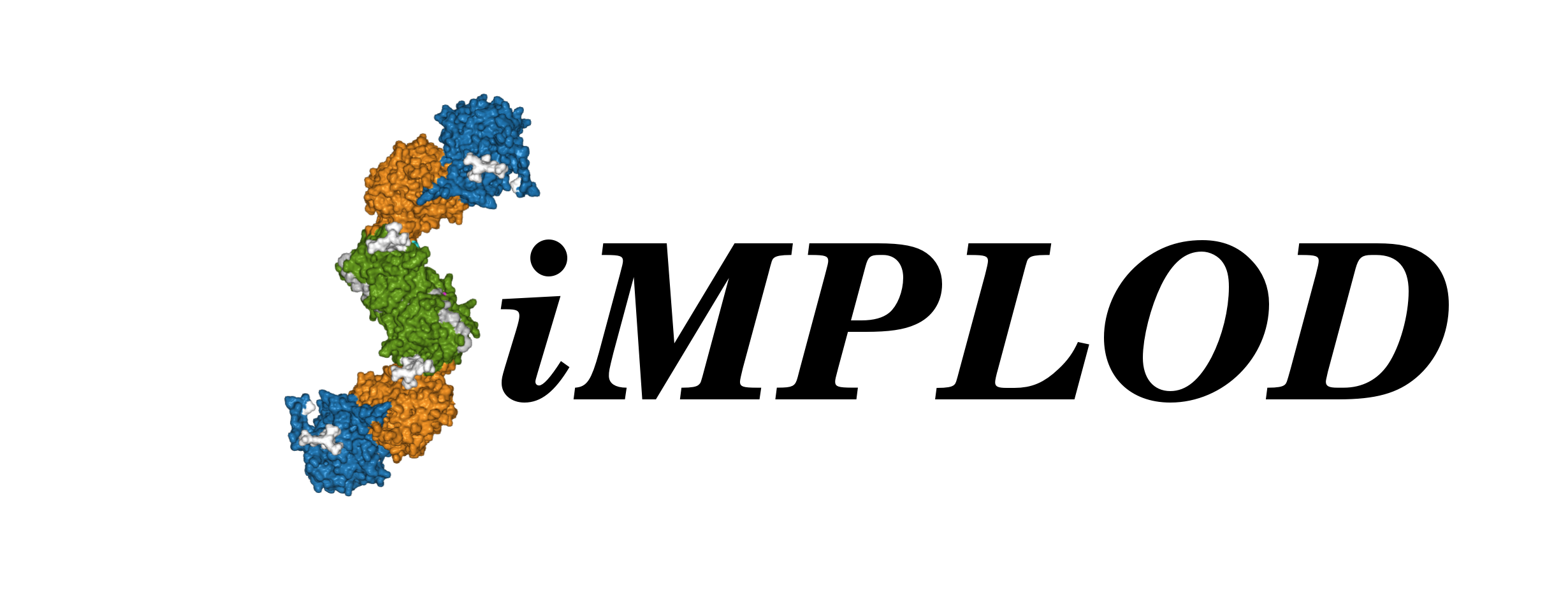 About
Contact
References
Structures
Adv. Search
Stats
Demo
About
Contact
References
Structures
Adv. Search
Stats
Demo
| LH2a CYS385ARG (LH2a) - CYS385ARG (LH2b) | ||
| SiMPLOD ID |
SiMPLOD2-236 | |
| Isoenzyme |
Lysyl Hydroxylase 2a (human) - UniProt - Full Info | |
| Nucleotide mutation |
PLOD2 NM_000935.2:c.1153T>C - NCBI RefSeq | |
| Mutation type |
Pathogenic | |
| Disease Phenotype |
Bruck Syndrome (Type II) Link1 Link2 | |
| Clinical Databases |
OMIM: 609220 Orphanet: ORPHA:2771 ICD-10: M21.8 MeSH: C537407 | |
| Evidence at protein level |
This variant MAY EXIST at the protein level, although no experimental evidence is currently available to support its existence. | References |
Lv et al., 2018 - DOI - PubMed | Notes from publications |
Lv et al. described a patient with the heterozygous mutation Cys385Arg in PLOD2 which, together with Gly661Asp, caused Bruck syndrome. Clinical features are described. |
| Related Entries |
SiMPLOD1-134: LH1 dupl326-585;TYR455THRFS (Pathogenic) SiMPLOD1-320: LH1 delta367-443 (Pathogenic) | |
| Last Update |
2021-06-23 08:38:51 | |
|
The three-dimensional visualization is currently based on the homology model of full-length, dimeric human LH2a (generated using the crystal structure of full-length human LH3 as template). You may select a different PDB model file to visualize the mutation(s) using the drop-down menu below (page will refresh): |
||
Thank you for using SiMPLOD - Created by Fornerislab@UniPV Follow @Fornerislab - Last curated update: 1970-01-01 00:00:00
We truly hate messages and disclaimers about cookies and tracking of personal info. But don't worry, we don't use any.